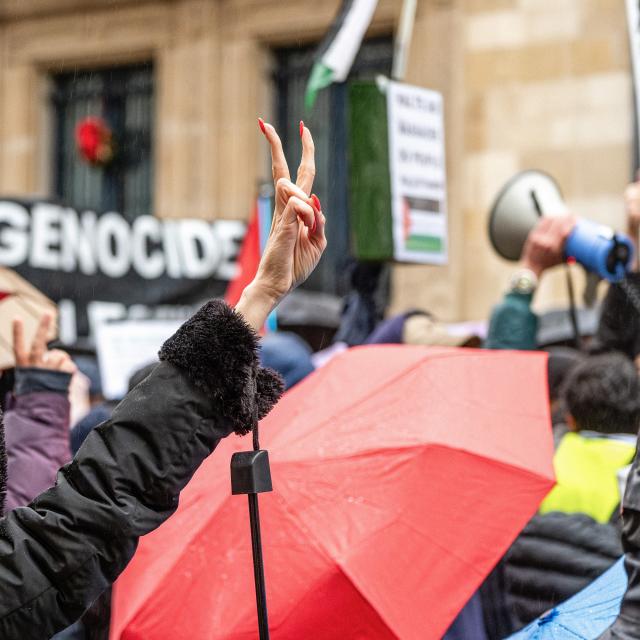
The conflict between Israel and Palestine has been causing trauma on both sides for decades. Recent events evoke and multiply them again. A psychologist, an Israeli and a Palestinian talk about the role of trauma in the Middle East conflict.
What exactly is trauma and when can we call it that? Our first question makes Prof. Dr. Claus Vögele, psychologist and trauma researcher at the University of Luxembourg, smile. "Science doesn't really have a good definition for this. We only ever measure trauma – and we have to – after it has happened. It depends on the individual's way of processing it. Not everyone who has had a traumatic experience becomes ill."
The task of science is to find out which factors determine whether people "become ill", i.e. develop a post-traumatic stress disorder. This is a diagnosable mental disorder that is precisely defined in diagnostic systems and according to which various criteria must be met: "The main criteria for post-traumatic stress disorder are recurring, involuntary memories that are perceived as very stressful." Those affected have the feeling that they are reliving the traumatic experience again and again. They have so-called flashbacks and feel as if they are suddenly back in the terrible situation, with all the sensory impressions that go with it. What they saw, heard and smelled is suddenly there again, as is "the terrible feeling of not being able to escape the situation". In addition, there are nightmares in which all of this is relived.
You want more? Get access now.
-
One-year subscription€185.00/year
-
Monthly subscription€18.50/month
-
Zukunftsabo for subscribers under the age of 26€120.00/year
Already have an account?
Log in


